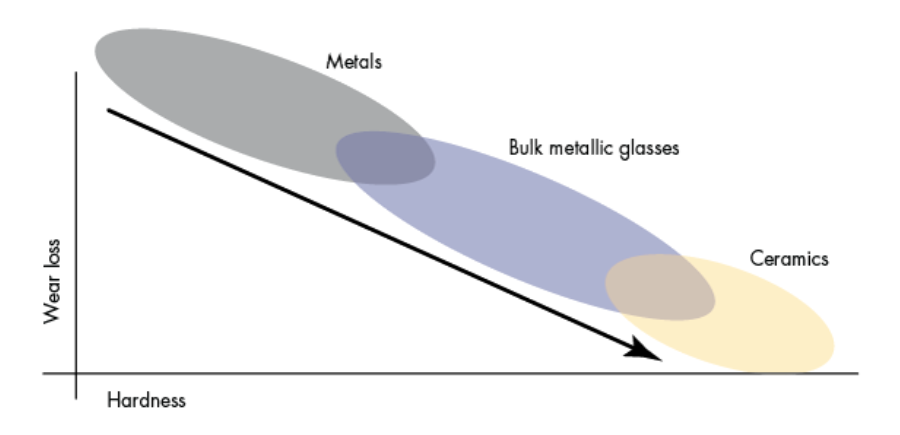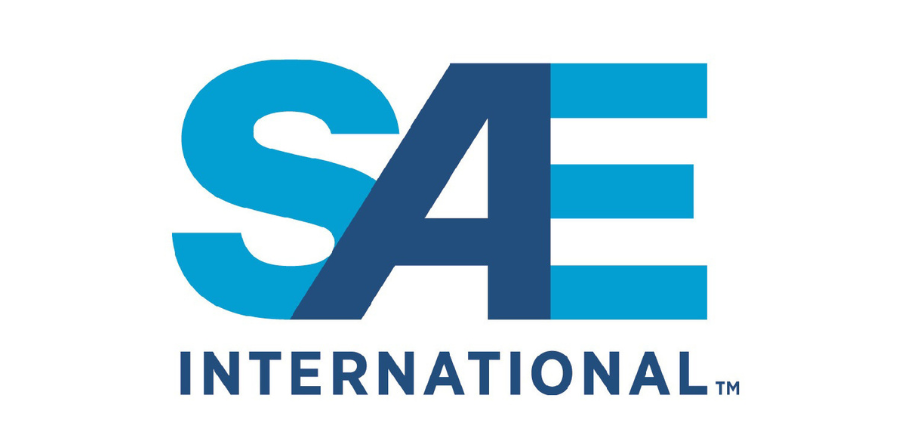3 Charter Members Join IHEA’s New Induction Heat Treating Division
Ajax TOCCO Magnathermic, Ambrell and SMS Elotherm have all joined the Industrial Heating Equipment Association’s (IHEA) newest membership division — the Induction Division which focuses on keeping the industry up-to-date on the latest heat treat innovations, best practices and safety standards associated with induction heating. Several national utilities are also involved: Duke Energy, Georgia Power, Alabama Power, and the Electric Power Research Institute (EPRI). At least one other induction company is scheduled to join later this year.
The new division members are in the process of developing content for a 2016 Induction Seminar which will take place later this fall.
3 Charter Members Join IHEA’s New Induction Heat Treating Division Read More »




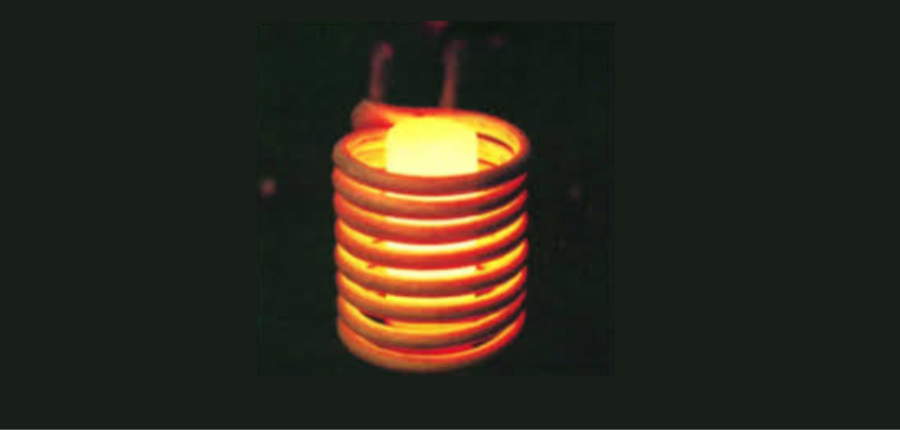

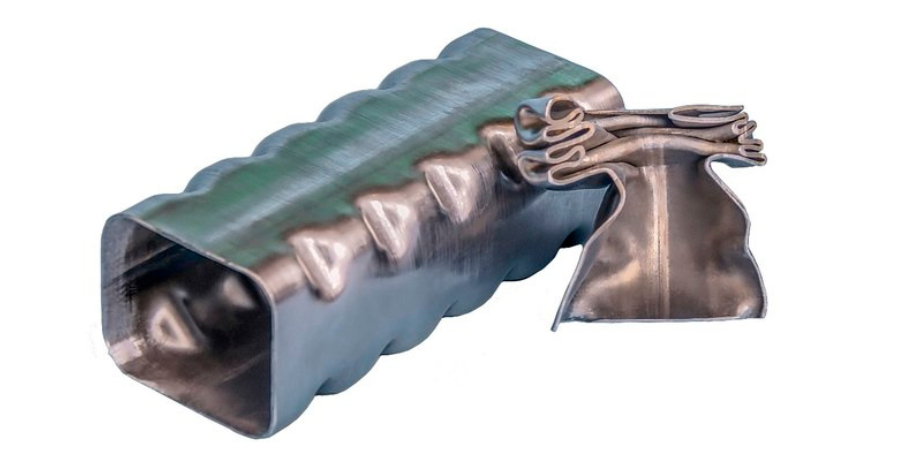
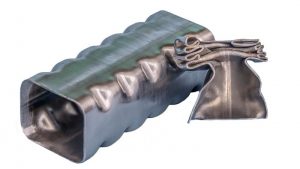 [Best of the Web] Source:
[Best of the Web] Source: 